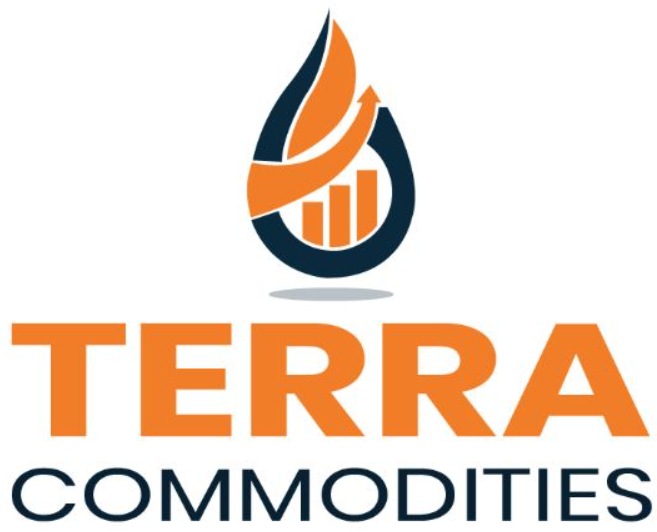The smell of diesel, the sheen of crude, and these surface impressions matter little in the world of petroleum trading. Real quality often lies hidden until too late. Last year in season, a Mumbai importer experienced this firsthand. His shipment of “premium” gasoline had appearance or even odor, but the lab report indicated otherwise: sulfur content at five times the legal limit. The $17 million cargo, destined for a retail distribution in the local market, had now taken on the classification of hazardous waste. No resale, no recovery, just disposal expenses and damage to reputation. At Terra Commodities, we rely on certified lab reports, not just first impressions or just smell. Because in this business, what you cannot see has the power to completely destroy you.
Why Paper Certificates Lie.
Each week we intercept fuel fraud operations that would cost traders millions of dollars. We have witnessed:
- The lab reports recycled from earlier shipments
- “Accidental” sample switches at ports of loading
- Inspectors bribed to sign blank verification documents
This is why Terra Commodities employs a focused field team specifically trained to identify the most obscure manipulation.
- Sampling Sleight of Hand
- Sampling the top of tanks where sludge may reside
- Sampling at midnight when no one is looking
- Using pre-filled containers that have been tampered with
- Temperature Trick
- Heating crude oil to cover up waxy residue
- Cooling diesel to falsify a lower cloud point
- The usual deception ends at the dock with Terra.
Real-World Test Failures We have Caught
Contaminated fuel can be more than just a financial risk, it is an engine and safety issue as well, not to mention it can also put your name on the map. At Terra Commodities, we have witnessed very troubling examples, such as:
- Jet A1 with water content (not just trace) using alcohol additives to hide water content from visual inspections.
- EN590 diesel with recycled motor oil mixed in, which could risk your injectors failing and expose you to potential emission fines!
- Nigerian crude contaminated with drilling mud, causing damage to expensive refinery equipment and reducing the yield.
These horrors often happen without your knowledge even after delivery, with the loss being irrevocable. That is why we demand third-party certified lab analysis, sealed sampling protocols, and real-time monitoring. With Terra you receive fuel certified, not compromised.
Your Simple Quality Checklist
Before accepting any petroleum shipment, cutting corners on testing can be a million-dollar mistake. Follow these essentials:
- Demand fresh lab tests, no older than 72 hours before loading.
- Witness the seal break, never accept samples without verified chain of custody.
- Test at both ports, discrepancies often surface only at discharge.
- Verify lab accreditation, not all “SGS” offices meet global standards.
A Bulgarian trader narrowly avoided disaster when our discharge port testing exposed 8% naphtha blended into his Russian gasoil, undetectable in paperwork, but enough to destroy engines.
Never gamble on quality. Ask about our two-port testing guarantee.


